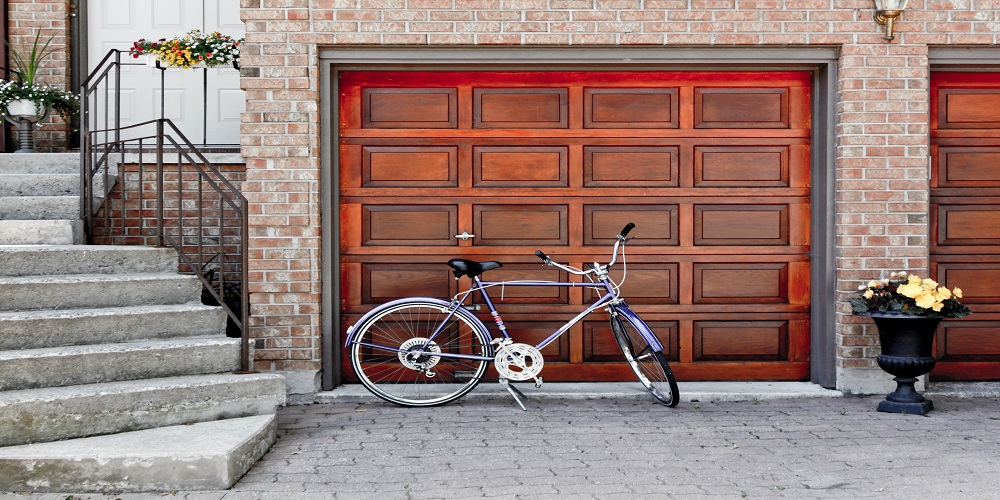When purchasing a new garage door, it’s important to consider the upfront cost and the total cost of ownership. According to doors residential garage doors suppliers , the total cost of ownership includes all the expenses associated with owning and maintaining the garage door over its lifespan. By understanding these costs, homeowners can make informed decisions and choose a garage door that best fits their needs and budget.

It is important to understand the Installation Costs
The first component of the total cost of ownership is the installation cost. This includes the price of the garage door itself as well as the labour cost for professional installation. While some homeowners may choose to install the garage door themselves, hiring a professional to ensure proper installation and avoid potential problems down the road is highly recommended. Installation costs can vary depending on the type and size of the garage door, as well as the complexity of the installation.
Maintenance and Repairs are crucial factors to consider for garage doors
Garage doors require regular maintenance to keep them functioning properly and extend their lifespan. Maintenance tasks such as lubricating moving parts, checking and tightening hardware, and inspecting the door for any signs of wear are essential. Homeowners can perform these maintenance tasks or hire a professional for regular maintenance checks. Additionally, garage doors may require repairs over time due to normal wear and tear or unexpected damages. Repair costs can include replacing springs, cables, rollers, or panels. Budgeting for these maintenance and repair expenses is important to ensure the garage door remains in good working condition.
Energy Efficiency is a critical component in deciding ownership of garage doors
Another aspect of the total ownership cost is the garage door’s energy efficiency. An energy-efficient garage door can help reduce heating and cooling costs by minimizing heat transfer between the garage and the home. Insulated garage doors, for example, provide better temperature control and can help maintain a more comfortable environment inside the garage. While energy-efficient garage doors may have a slightly higher upfront cost, long-term energy savings can offset the initial investment.
It is essential to understand Longevity and Durability
Considering the lifespan of a garage door is crucial when assessing the total cost of ownership. High-quality garage doors built to last require fewer repairs and replacements over time. It is worth investing in a durable garage door that can withstand the elements and daily use. Steel and aluminum doors are known for their durability, while wooden doors may require more maintenance and are susceptible to rot and warping. Homeowners can minimize the costs associated with premature replacements by choosing a long-lasting garage door.
Understanding the cost of Warranty and Insurance is important
Lastly, it is important to factor in warranties and insurance when calculating the total cost of ownership. Many garage doors come with manufacturer warranties that cover certain components for a specific period. Understanding the terms and conditions of the warranty can help homeowners plan for potential future expenses. Additionally, homeowners’ insurance may provide coverage for garage doors in case of damage or theft. Reviewing insurance policies and understanding coverage can help mitigate unexpected costs.
Understanding the total cost of ownership of garage doors involves considering installation costs, ongoing maintenance and repair expenses, energy efficiency, longevity and durability, warranties, and insurance.
It is important to evaluate these factors; homeowners can make informed decisions and choose a garage door that not only meets their aesthetic preferences but also fits their budget and long-term needs. A well-maintained and efficient garage door can enhance the overall value of a home while providing convenience and security for years to come.
